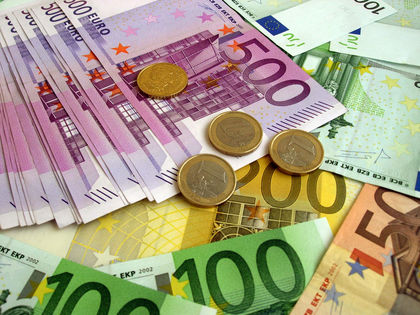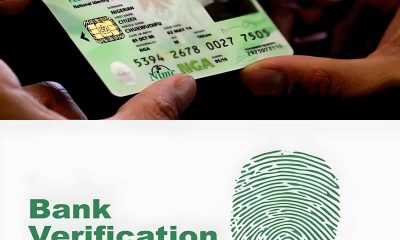By ODUNEWU SEGUN
THE Federal Government has disclosed its intention to issue $1 billion Eurobond in the third quarter of 2016 towards securing the $3 billion loan from the World Bank and African Development Bank.
This was disclosed by the Minister of Finance, Kemi Adeosun during a recent business parley with international investors in London recently.
According to the Minister, the decision to issue the bond became necessary because of the $3 billion funding loan the country is planning to get the World Bank and African Development Bank.
Adeosun said the government was committed to a budget deficit of not more than N2.2 trillion ($11.1 billion), or 2.1 percent of Gross Domestic Product, GDP.
Adeosun at the meeting said Nigeria intends to Tap the offshore bond market this year in other to fund a budget of N6.1 trillion ($31 billion) meant to stimulate the economy.
“The reason we are borrowing in dollars is because it is relatively much cheaper than yields we can get on the local bond markets. We intend to gradually increase the stock of dollar denominated bonds to about $20 billion from $13.2 billion today.”
Nigeria’s Eurobonds have gained 8.3 percent in 2016, compared with the average of 9.6 percent for high-yielding emerging-market sovereign dollar-debt tracked by Bloomberg.
ALSO SEE: Naira losses more grounds against dollar, trades at N357/1$
Bond investors blame Nigeria’s rigid foreign-exchange regime for draining reserves, which have fallen to a more than 10-year low, and hindering the economy, according to Bank of America Merrill Lynch.
Nigeria has sold dollar bonds twice, the last time in mid-2013, when it raised $1 billion of five- and 10-year debt. The government has said it would fund the fiscal gap with about $10 billion of debt, half of it in foreign currencies.
Yields on Nigeria’s $500 million of securities maturing in July 2023, dropped five basis points to 7.44 per cent in London by 10:22 a.m. and have dropped 1.2 percentage points this year. Nigeria’s Eurobonds have gained 8.5 percent in 2016, compared with the average of 10.4 percent for high-yielding emerging-market sovereign dollar-debt tracked by Bloomberg.
Three-month naira forwards dropped 0.2 per cent to 274.5 per dollar, suggesting traders see the currency trading near that level in coming months.
Adeosun said Nigeria would probably post budget deficits for at least three years and that its debt-to-GDP ratio would rise to 20 percent from around 13 percent in that period, according to Gregory Kronsten, an analyst at Lagos-based FBN Quest who was at the meetings.

 Football7 days ago
Football7 days ago
 Health & Fitness20 hours ago
Health & Fitness20 hours ago
 Aviation1 week ago
Aviation1 week ago
 Featured5 days ago
Featured5 days ago
 Education6 days ago
Education6 days ago
 Comments and Issues6 days ago
Comments and Issues6 days ago
 Business6 days ago
Business6 days ago
 Education1 week ago
Education1 week ago













